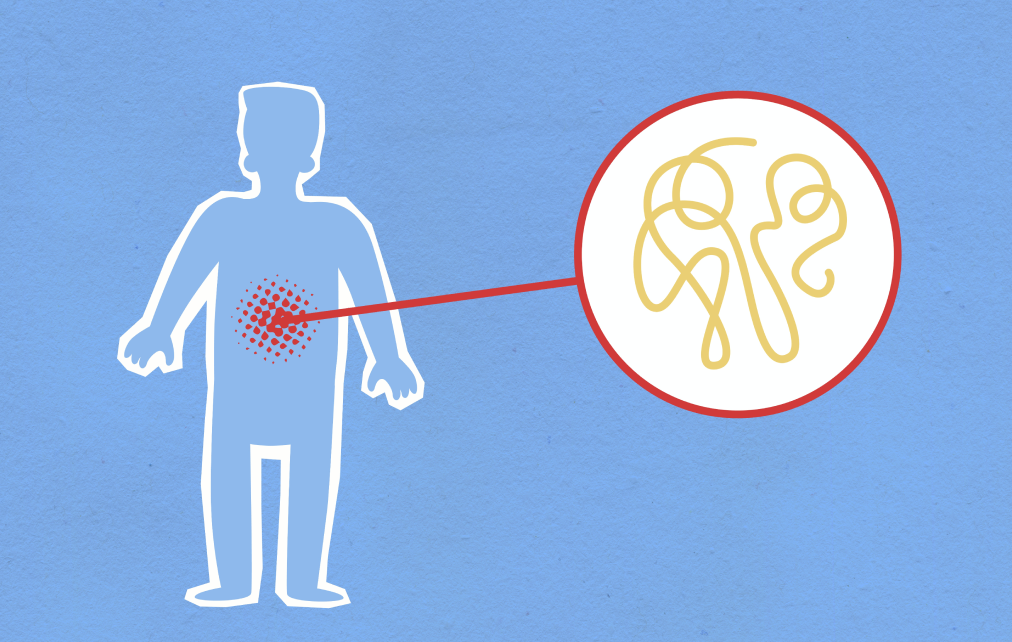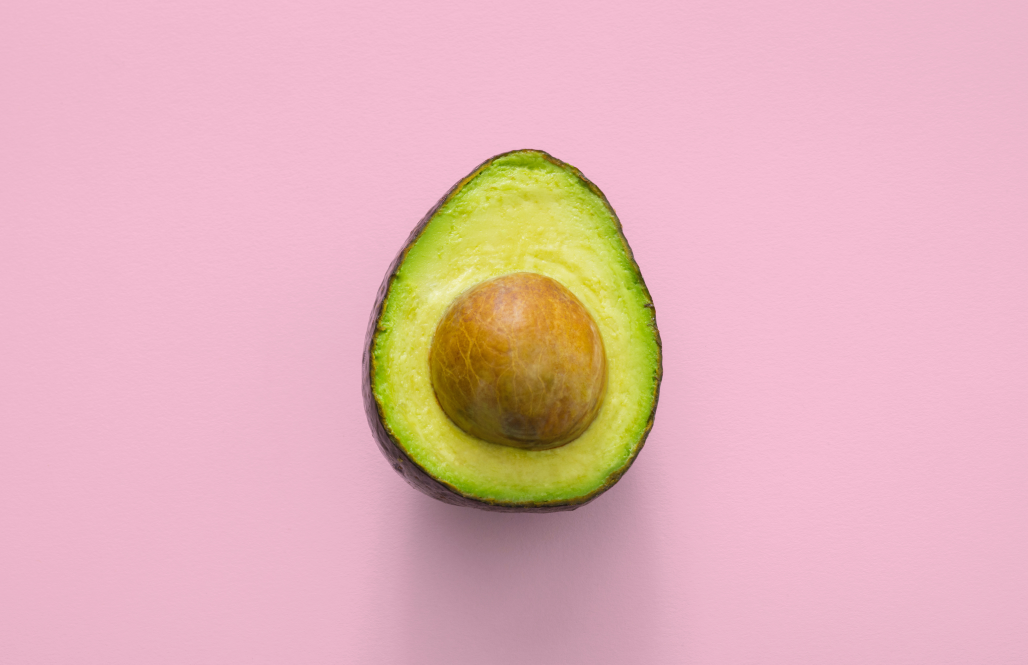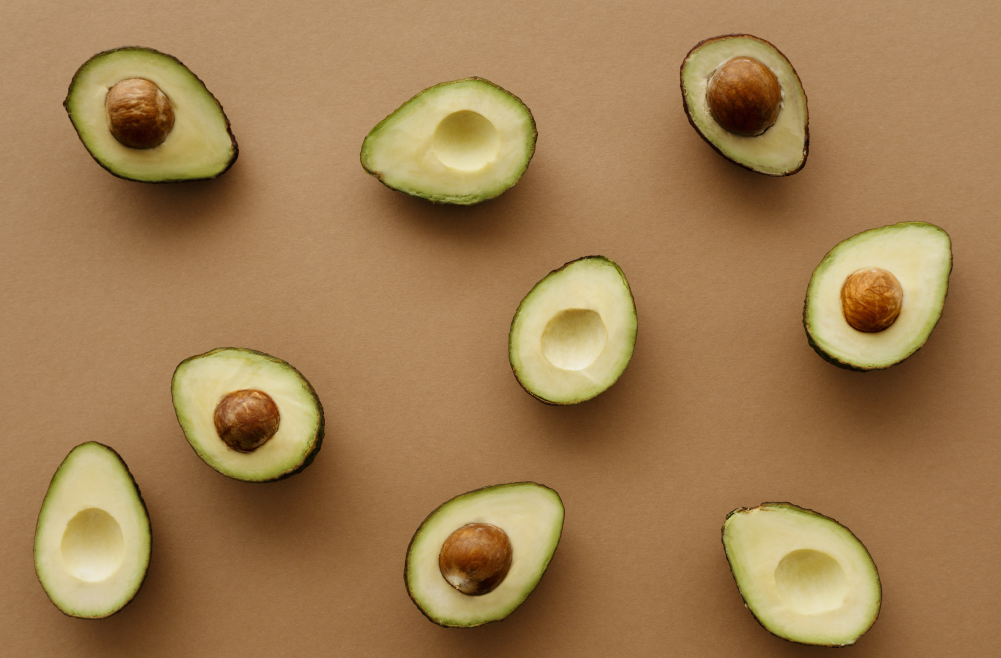If you've ever been to a brunch and sparred with the age-old debate of which indulgent dish is best, chances are that avocado has found its way into the discussion. Whether it’s avo toast or an omelet filled with guacamole, we love boasting about our appreciation for this versatile fruit - but there might be more to eating avocados than you previously thought.
A topic every lunch break should discuss: does eating a creamy helping of this superfood make us poop? We’ll explore some scientific studies behind this query in further detail below so your afternoon snacks are based on research, and not just your cravings!
Table of Contents
- Constipation - An Overview
- Avocados - The Health Benefits
- Is Avocado A Natural Laxative?
- Does Avocado Make You Poop?
- How Many Avocados Should You Eat Daily
- Potential Side Effects of Eating Avocado
- Avoid During Pregnancy And Breastfeeding
- Liver Damage
- Reduces Cholesterol and Increases beta – sitosterol
- Other Foods That Make You Poop
- Bottom Line
Constipation - An Overview

Constipation (or Irritable Bowel Syndrome), a common gastrointestinal woe, affects countless individuals worldwide. Defined as infrequent bowel movements or difficulty passing stools, this condition can lead to discomfort and frustration. While occasional bouts of constipation are generally harmless, chronic cases may warrant closer attention and lifestyle adjustments.
The root causes of constipation can be manifold. Insufficient water intake, a lack of dietary fiber, and sedentary lifestyles are often key culprits. Additionally, certain medications, medical conditions, and even stress can exacerbate the issue. Though constipation is rarely cause for alarm, it's essential to address it proactively to maintain gut health and overall well-being.
Avocados - The Health Benefits

Avocados, often hailed as a superfood, offer a plethora of health benefits that make them a popular addition to various dishes. Rich in essential nutrients and healthy fats, these creamy delights can contribute positively to your overall well-being.
One of the key advantages of avocados lies in their anti-inflammatory properties, which play a crucial role in promoting good health.
Anti-inflammatory properties
Avocados are abundant in monounsaturated fats, specifically oleic acid, known for its anti-inflammatory effects. Chronic inflammation has been linked to various health issues, including heart disease, arthritis, and certain cancers. By incorporating avocados into your diet, you can potentially reduce inflammation, helping your body fight against harmful free radicals and mitigating the risk of chronic diseases.
Moreover, avocados also contain antioxidants like vitamin E, which further bolster their anti-inflammatory prowess, making them a fantastic addition to a well-rounded, health-conscious diet.
Helps to lose weight
Despite their creamy texture and rich taste, avocados can be an excellent ally in healthy weight management. While they are relatively calorie-dense, the high fiber content of avocados promotes a feeling of satiety, helping curb hunger and prevent overeating.
Additionally, the monounsaturated fats found in avocados have been associated with a healthy body weight and reduced belly fat. When incorporated mindfully into a balanced diet, avocados can contribute to your weight loss journey while providing a host of essential nutrients and flavor to your meals.
Keep your heart healthy
Avocados have garnered a reputation for being heart-friendly, and for a good reason. Their monounsaturated fats, potassium, and fiber content work in tandem to support cardiovascular health. Studies suggest that incorporating avocados into your diet may help lower bad cholesterol levels (LDL) while increasing good cholesterol (HDL).
The potassium content aids in regulating blood pressure, reducing the risk of hypertension, and, consequently, lowering the chances of heart disease. By embracing avocados as part of a heart-healthy diet, you can nourish your body and indulge in the delicious taste of this remarkable fruit.
Is Avocado A Natural Laxative?
The concept of avocados serving as a natural laxative has been a subject of curiosity and debate among health enthusiasts. While avocados do contain a fair amount of dietary fiber, which is known to aid digestion, labeling them as a natural laxative may be an overstatement. This fiber rich food can certainly contribute to maintaining regular bowel movements, as fiber adds bulk to the stool, making it easier to pass.
Additionally, the presence of soluble and insoluble fiber in avocados can help soften stools, potentially easing the process of elimination. However, it's essential to remember that individual responses to dietary components can vary, and what works as a laxative for one person may not have the same effect on another.
Does Avocado Make You Poop?
The relationship between avocado consumption and its impact on bowel movements is not as straightforward as it may seem. While some people may experience improved digestion and more regular bowel movements after incorporating avocados into their diet, others may not notice significant changes. It's important to consider various factors that contribute to digestive health, such as overall diet, hydration, and physical activity, rather than solely attributing the effects to avocado consumption.
Additionally, the quantity of avocados consumed can play a role; excessive intake of any food, including avocados, might lead to gastrointestinal discomfort, irrespective of their potential laxative properties.
How Many Avocados Should You Eat Daily

As a general guideline, one serving of avocado, approximately one-third of a medium-sized fruit, is considered sufficient for most individuals. Excessive avocado consumption can lead to digestive issues like constipation or diarrhea due to their high fiber content. Additionally, avocados are calorie-dense, so overindulging can contribute to weight gain.
Striking a balance and practicing moderation will allow you to enjoy the health benefits of avocados without encountering these potential side effects. Always listen to your body's cues and adjust your avocado intake accordingly to maintain a healthy and well-rounded diet.
Potential Side Effects of Eating Avocado
While avocados are generally considered a nutritious addition to one's diet, they may not be suitable for everyone in all circumstances. It's essential to be aware of potential side effects associated with avocado consumption.
While most people can enjoy avocados without any issues, certain situations and conditions may warrant caution.
Avoid During Pregnancy And Breastfeeding
For pregnant and breastfeeding individuals, it's advisable to exercise caution when consuming avocados. Although avocados are rich in essential nutrients, there have been some reports of allergies to avocados during pregnancy, which could pose a risk to both the mother and the baby. Additionally, avocados contain naturally occurring latex, and some individuals may be sensitive to this compound, leading to potential adverse reactions.
To be on the safe side, it's best for pregnant and breastfeeding individuals to consult their healthcare provider before including avocados in their diet to ensure it is safe for their specific situation.
Liver Damage
While it is uncommon, excessive consumption of avocados can potentially lead to liver damage in some individuals. Avocados contain a natural compound called persin, which in large amounts, may have adverse effects on the liver.
However, it's important to note that such cases are rare and typically occur in people who consume significantly excessive amounts of avocados over an extended period. For the majority of people, moderate avocado consumption is safe and should not pose any risks to liver health.
Reduces Cholesterol and Increases beta – sitosterol
One of the many health benefits of avocados is their potential to reduce cholesterol levels due to their high content of beta-sitosterol, a plant sterol that can interfere with cholesterol absorption in the intestines. While this can be beneficial for many people, individuals who are already taking cholesterol-lowering medications or have specific medical conditions should be cautious about consuming large quantities of avocados.
The combination of medication and high beta-sitosterol levels from avocados may lead to an excessive reduction in cholesterol levels, potentially causing adverse health effects. As with any dietary changes or supplements, it's crucial to consult a healthcare professional, especially if you have pre-existing medical conditions or are taking medications, to ensure that avocado consumption aligns with your specific health needs.
Other Foods That Make You Poop

Maintaining regular bowel movements is essential for good digestive health, and certain foods can naturally aid in promoting healthy digestion. Alongside avocados, there are several other foods that have natural laxative effects, helping to keep things moving smoothly through the digestive tract.
Including these foods in your diet can contribute to improved bowel regularity and overall well-being.
Probiotic Supplements
Probiotics are beneficial bacteria that support a healthy gut environment. They can be consumed through probiotic supplements or fermented foods like yogurt, kefir, sauerkraut, and kimchi. These probiotics help balance the gut flora and can positively influence bowel movements.
Probiotic supplements are particularly useful for individuals experiencing irregular bowel habits or those seeking to improve their gut health. By promoting a balanced gut microbiome, probiotics can help alleviate constipation and provide relief for digestive discomfort.
Check out our IBSupport supplement today, and get rid of Irritable Bowel Syndrome flare ups and other digestive ailments today!
Orange Juice
Freshly squeezed orange juice is not only a refreshing beverage but also a natural way to stimulate bowel movements. Oranges are rich in dietary fiber, vitamin c and contain a natural sugar alcohol called sorbitol, which has laxative properties. The combination of fiber and sorbitol works together to soften stools and increase stool frequency.
However, it's essential to consume orange juice in moderation, as excessive intake of sorbitol may lead to diarrhea and abdominal discomfort, especially in those with sensitive stomachs.
Prune Juice
Prune juice has a well-deserved reputation for its ability to relieve constipation effectively. Prunes are dried plums that contain a natural laxative compound called dihydroxyphenyl isatin. When prunes are juiced, the concentrated form of this compound aids in stimulating bowel movements. Additionally, prune juice is rich in dietary fiber, sorbitol, and phenolic compounds, all of which contribute to its laxative effects.
If you're experiencing constipation, drinking a glass of prune juice can be an effective and natural way to get things moving again. However, like with any laxative, it's important not to overdo it, as excessive consumption can lead to diarrhea and discomfort.
Bottom Line
All in all, avocados are a great nutritious snack that can help with weight loss, constipation relief, and heart health. They have many anti-inflammatory properties that can help your body stay healthy.
While eating avocados won’t make you poop right away, eating 1-2 small avocados per day may stimulate your bowels over time due to its fiber content. Eating more than that could cause side effects such as liver damage and interference with fertility.
Even beyond improving gut health, there are other foods that can also help with digestion like probiotic supplements, orange juice, and prune juice. Whether you just want to add some extra nutrition to your diet or if you’re looking for a natural remedy for digestive issues, adding more avocado into your routine is worth considering.

